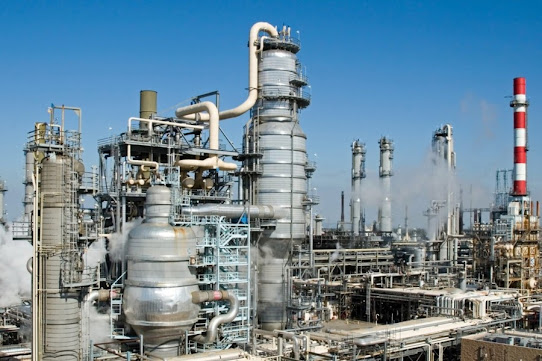Green Gold Inside Biodiesel Production Plants and Their Environmental Impact
In a world grappling with the dire consequences of fossil fuel consumption and climate change, the search for cleaner and more sustainable sources of energy has intensified. Among the frontrunners in this quest is biodiesel, often referred to as "green gold" due to its potential to significantly reduce carbon emissions while utilizing renewable resources. Biodiesel production plants play a crucial role in harnessing this eco-friendly fuel, exemplifying a harmonious balance between technology, innovation, and environmental consciousness.
Biodiesel: A Glimpse into its Green Credentials
Biodiesel, a renewable fuel derived from organic sources such as vegetable oils, animal fats, and recycled cooking grease, has gained traction as an alternative to traditional petroleum-based diesel. The process of converting these raw materials into biodiesel involves transesterification, a chemical reaction that separates glycerin from the fatty acids, resulting in a cleaner-burning fuel. This process not only reduces greenhouse gas emissions but also curtails the release of harmful pollutants such as sulfur and particulate matter, which are notorious contributors to air pollution and respiratory illnesses.
The Inner Workings of Biodiesel Production Plants
Biodiesel production plant are intricate facilities that house a series of interconnected processes, each contributing to the creation of this sustainable fuel. The first step involves the acquisition of feedstock – the raw materials that serve as the foundation for biodiesel. These can range from soybean oil and canola oil to used cooking oil and even algae.
Once sourced, the feedstock undergoes a thorough cleaning and filtering process to remove impurities that could hinder the chemical reactions during transesterification. Following this, the feedstock is treated with alcohol and a catalyst to initiate the separation of fatty acids from glycerin. This crucial step results in the formation of biodiesel and glycerin as separate entities. The biodiesel is further purified, and excess alcohol is removed to ensure its quality and compliance with fuel standards.
Environmental Impact of Biodiesel Production Plants
The environmental impact of biodiesel production plants extends beyond the fuel they produce. By utilizing renewable resources as feedstock, these facilities reduce the strain on finite fossil fuel reserves, thereby contributing to energy security. Moreover, the biodiesel production process emits significantly fewer greenhouse gases compared to conventional diesel refining, making it a valuable tool in combating climate change.
Biodiesel's potential to mitigate greenhouse gas emissions is illustrated by its life cycle assessment, which evaluates the overall environmental impact from feedstock production to fuel combustion. Studies have shown that biodiesel can reduce carbon dioxide emissions by up to 80% compared to conventional diesel, making it a pivotal player in the transition to cleaner energy sources.
Advance Biofuel: Pioneering Sustainable Solutions
In the realm of biodiesel production plants, one company stands out for its commitment to innovation, sustainability, and environmental responsibility – Advance Biofuel. With a vision to drive positive change through eco-friendly fuels, Advance Biofuel has carved a niche for itself in the renewable energy landscape.
Advance Biofuel's production plants are a testament to their dedication to green practices. The company places a strong emphasis on using locally sourced and sustainable feedstock, minimizing transportation-related emissions. Their state-of-the-art facilities adhere to stringent environmental standards, ensuring that the production process remains as clean and efficient as possible.
The company's dedication to sustainability goes beyond its production processes. Advance Biofuel actively collaborates with research institutions and partners to continually refine their technology and explore innovative feedstock options. This commitment to ongoing improvement underscores their role as industry pioneers.
Conclusion: biodiesel production plants hold the key to a greener and more sustainable future. With their advanced processes and eco-friendly practices, they not only produce a cleaner-burning alternative to conventional diesel but also exemplify the potential of technology to drive positive environmental change. As exemplified by companies like Advance Biofuel, the marriage of innovation and environmental consciousness is ushering in an era where "green gold" truly shines, offering hope for a cleaner, healthier planet for generations to come.




Comments
Post a Comment